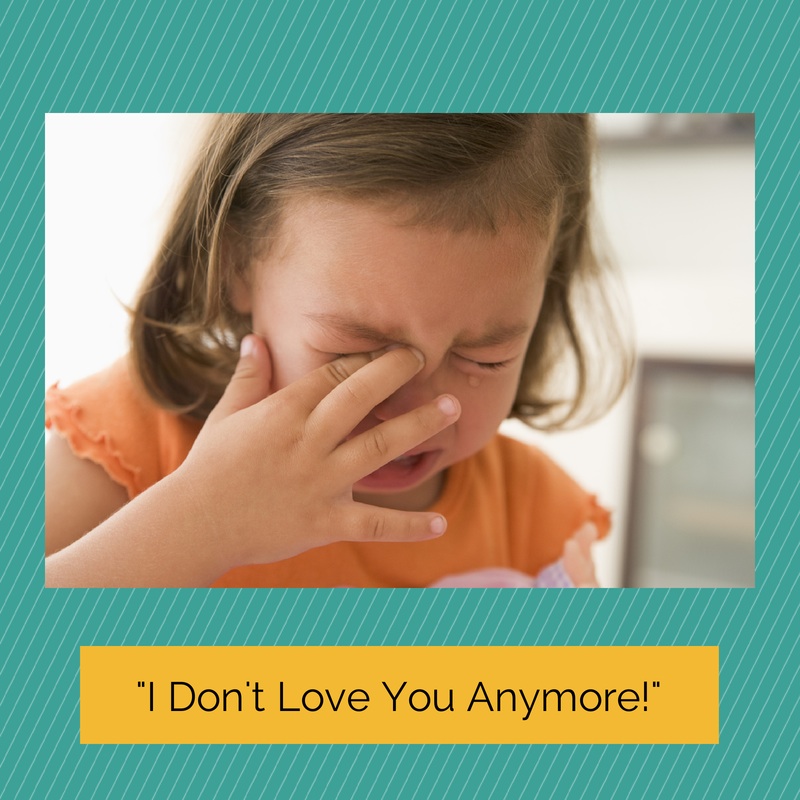Drawbacks of Empathic Parenting
Empathy is the “ability to understand and share the feelings of another.”
Empathy is a wonderful tool to use as a parent. Acknowledging your child has feelings and that you understand them, can help your child feel seen and validated. Being an empathic parent is also helpful in many ways. You can feel when your child is sad, angry, frustrated, etc. You can explore those realms with your child, helping him/her navigate these big new feelings.
Many parents who are very empathic, value this very much in how they parent and are unaware of the drawbacks. Unfortunately, parents who have kids in the most crisis are often very empathic. The parent’s ability to deeply feel what their child is feeling makes them want to inadvertently put a stop to feelings they personally don’t like to feel.
When they have a baby, often they are drawn to parenting styles which promote never letting your child cry by always doing what you can to soothe your child back to calm. This works well occasionally, but often babies need to cry- wail even. They really have no other outlet for a release valve. They cannot talk it out, go for a big hike, get a stiff drink (not recommended to deal w feelings but it happens and ok sometimes).
A child’s crying or tantrums usually bring up feelings of panic, fear, anger, grief in the parent, so it seems natural to try to stop these feelings by “helping” your child back to calm. Unfortunately, very empathic parents sometimes will have toddlers who have huge tantrums, poor impulse control and are easy to anger because of parenting by feelings which change everyday and don’t offer consistency of limits. Consistent limits and house rules help children feel so safe and relaxed in the long run, even when they pitch a huge fit about these limits in the short run.
If this sounds like you, congrats for being empathetic. It truly is a wonderful gift to offer the world and your child. Continue to offer this gift to your child to help him/her explore the world of emotions. The remedy for the downside is to allow your child to be angry, frustrated, sad when needed (and this is the art of parenting learned over time), especially when you are giving a consistent limit, when they are learning something new, or when they are playing with peers, and the struggle will help them gain self-confidence.
Oddly enough, when you allow yourself to feel these big uncomfortable feelings when your child “acts out” or cries, instead of trying to prevent your child from the feelings, it helps your child be ok with the feelings and even regulate him/herself as time passes.




